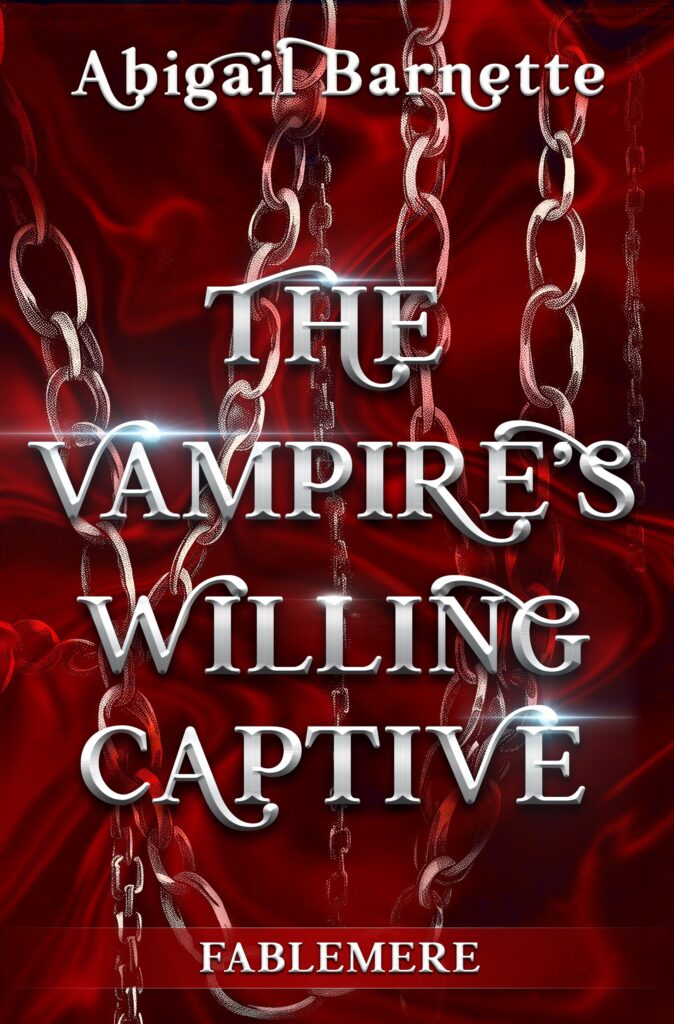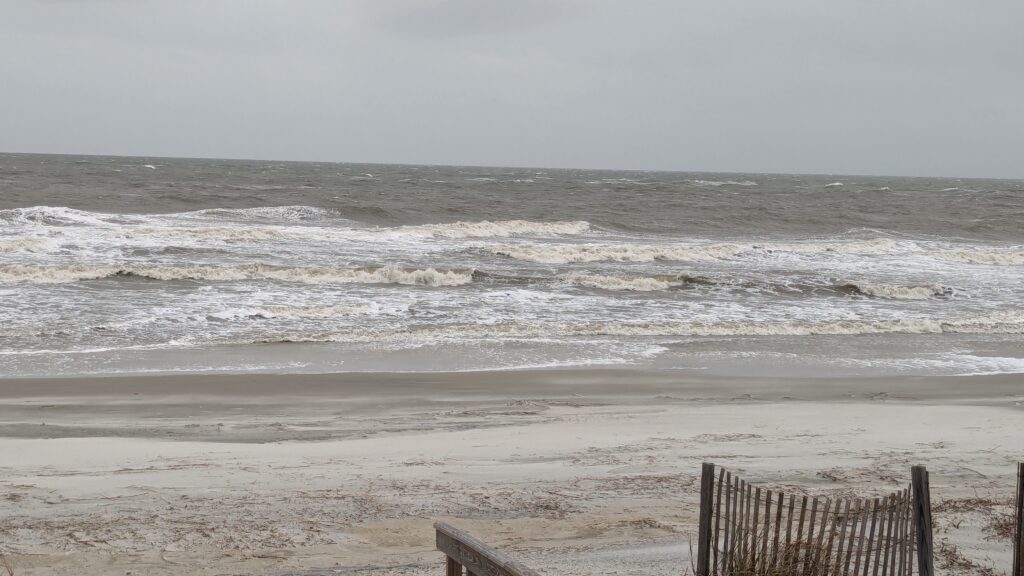I did more reading in 2023 than I’ve done in years. It astonishes me how much I’ve been reading. I hope this trend continues, because it was a bummer when I only had the brain capacity to force myself through the absolute garbage that I read for sporking purposes. I read more fantasy and romance than any other genre, but there was non-fiction and horror sprinkled in, as well. Here are the top five and the bottom five, presented with rationale and content warnings. If you’ve read these books and think of content warnings I missed, please add them in the comments.
THE BEST
1. The Fifth Season, N.K. Jemisin When I finished this book, I immediately recommended it to a friend as “The new Dune.” It’s that deep, rich, and complex in its worldbuilding. The writing thrusts you directly into the story and trusts you to learn the new settings and societies without spoon-feeding you. The story follows three women: a bereaved mother searching for her surviving child, an officer of a magical bureaucracy whose simple mission uncovers horrific secrets, and a young girl in training at a harsh and violent boarding school. It’s the first in a trilogy that I can’t wait to finish, with a third act twist that made me pull my car over while listening to the audiobook. The cast of characters also features diverse racial, sexual, and gender representation. If you haven’t read it yet, read it. CW: violence, multiple child deaths, child abuse, CSA (implied, not depicted), domestic abuse, forced breeding, corrective rape
2. Gideon The Ninth, Tamsyn Muir I put off reading this book for way too long, discouraged by comparisons in tone to Ready, Player One and its reputation as “a Tumblr book.” It’s so much more. While the book’s cover quote describes it as being about lesbian necromancers in space, that take is so simplified that future printings should absolutely scrub it. This is not, as I expected it to be, a book trying to hit every trope on the trendy book checklist. It’s its own thing, in the most David S. Pumpkins way possible. Gideon, a stubborn, chaotic warrior, is enlisted to protect Harrowhark, a callously violent necromancer, as she embarks on what can only be described as a scientific magic murder mystery tournament for political gain. If you like your fantasy novels to have a heavy dose of science fiction, inventive insults, and a creepier version of Catholicism, this is for sure a book you’ll enjoy. CW: gore, violence
3. Redacted due to the St. Martin’s Press boycott It breaks my heart that I can’t talk about this book, because I truly loved it. However, St. Martins Press has yet to provide sufficient apology for their employee’s racist statements on social media, and has not addressed the possibility that this employee, whose position includes granting ARC access to influencers, has discriminated against reviewers when distributing those ARCs. As such, I cannot in good conscience recommend or review any of their books at this time.
4. Vampires of El Norte, Isabel Cañas The plot is simple: boy and girl grow up together. Girl is attacked by a creature and dies. Boy lives a bleak, tortured existence, while a supernatural mystery unravels against the backdrop of a family’s fight to protect their land and way of life from violent colonization by the United States. I’m so afraid to give any delicious morsel of this book away, because I want you to read it, but I want you to go in with as blank a slate as possible, like I did, because it will put your brain in a chokehold. CW: gore, violence, war, colonization
5. The Woman In Me, Britney Spears If you watched the Jealous Patrons AV Club special report I did on this book, you already know my feelings. Despite the conversational tone of the prose, this is a devastatingly difficult read, and one that needs to be added to the canon of feminist literature. Do not pick this up expecting juicy celebrity gossip (although there is plenty to be found) and unrelatable anecdotes about the shallow inconveniences of superstardom. Spears walks us through her tumultuous childhood with an alcoholic father and a driven stage mom, the relentless sexualization of her teen years, a lifetime of manipulation by men, and her eventual imprisonment through medical malpractice and legal maneuvering. She points out in excruciating detail how little has changed for women since the days of lobotomies and institutionalization, even for the most famous and wealthy. CW: abortion, drug abuse, alcoholism, emotional abuse, exploitation, misogyny… this entire book is its own content warning.
THE WORST
1. The Haunted Forest Tour, James A. Moore and Jeff Strand This was my second-fastest DNF of 2023, coming in at a meager 17%. “But Jenny,” you may ask, “how can you say a book is bad if you only read 17%?” I went into this book hoping for a really fun monster horror. After a forest suddenly sprouts up in New Mexico—and by “suddenly,” I mean fast enough for trees to impale the citizens of the town it consumes—, it quickly becomes a tourist attraction owing to the inexplicable abominations living within it. The prologue hyped me up with its Stephen King-esque tone, but the story quickly became crowded with new character after new character piled onto the tour bus, complete with their individual backstories. Maybe the pace could have been forgiven, but not the wildly offensive fat hate that was apparently integral to the story. It was the character of Neal Whistler that made me DNF and add both authors to my NEVER AGAIN list. We first meet Neal on page forty-two, as he is tantalized by a half-snake woman and her great breasts outside the window of the tram. It’s important to the authors to point out that he is thirty-four and a virgin, owing to the “ugly truth” of his “fifty-four inch waistline.” In order to truly grasp the essence of the character, we must hear, within paragraphs of his first appearance, about how he was humiliated and rejected by a girl in high school, the time his fat ass blew out the seat of his pants at work, and how he planned to “become a better man” through dieting. Neal survives until page fifty-eight, when he stubbornly refuses to sit down in the face of an impending collision and his “obese” body and “immense weight” cause him to human cannonball through the bus, cracking seats and injuring other passengers until he is finally pronounced dead by someone checking the pulse in his “flabby” wrist on page sixty-four. Both of these gaping, infected anal fistulas masquerading as authors can get in an incinerator and turn it the fuck on. CW: Gore, misogyny, and the authors have a real fucking problem with fat people that they need to write about in their journals and not published fiction.
2. Choosing Theo, Victoria Aveline It’s possible I was set up for disappointment by the constant recommendation of this book as “Like Ice Planet Barbarians, but better!” I loved Ice Planet Barbarians (read my original review here), so I was expecting to be blown away. What I got was a reverse-The Handmaid’s Tale about a human woman stranded on a disappointingly Earth-like planet (but with futuristic gizmos and a supposedly feminist society, so you know it’s space) where men are forced into a breeding program. This book fails on every level that Ice Planet Barbarians succeeds. It is not “Like Ice Planet Barbarians, but better!” It’s “Like Ice Planet Barbarians, but without consent!” The narrative tries hard to portray a society where women have their pick of sexy men who are forced to have sex with them and shower them in luxury as somehow empowering, but my queer self remains unconvinced. There is no room for queer or transgender people in the world Aveline created, and the utter lack of consent and agency given to the men of the planet isn’t more acceptable just because it’s not happening to women. CW: rampant heteronormativity, sexualization of rape culture
3. Pucking Around, Emily Rath Emily Rath has gotten a lot of undeserved heat for what went down between BookTok and the Seattle Kraken, but that didn’t get a chance to influence my view of the book, as I read it before the controversy erupted. This book holds the distinction of not only being my fastest DNF of 2023 (at the author’s note), but also the only book I DNFed twice. The first DNF was because I was in a bad mood, and seeing an author’s note about how I should read a prequel novella before starting the supposedly “stand alone” novel made me furious. When I gave it another chance, I learned I should have followed my instinct. The sluttiness of “puck bunnies” (women who want to have sex with hockey players) is pointed out at every available opportunity, which is surprisingly frequent considering that the heroine is the only female character I remember existing at all in the story. Does our heroine want to sleep with hockey players? Yes, but that doesn’t make her a “puck bunny” because she’s not like other girls. She’s a doctor. Does it matter that the multiple hockey players she fucks are her patients? No, of course not. Medical ethics don’t apply to quirky heroines in “funny” situations. And yeah, maybe one of her partners isn’t into the whole polyamory thing, but it’s totally cool to coerce someone into that situation if you really, really can’t choose between the hot hockey players you’re having sex with (and who are also your patients and also you’re not like those other sluts who have sex with multiple hockey players). CW: insulting polyamory rep, misogyny, internalized misogyny, a dash of homophobia, some big consent issues regarding polyamory
4. The Necromancer’s Bride, Brianna Hale I really enjoyed this one, actually. Until I got to the end and found an excerpt for the author’s dark romance featuring an ex-Nazi hero, which completely killed the vibe and made me hate the book I just read by default. Get in the trash, Brianna. You belong there. CW: Author thinks it’s hot to fuck Nazis.
Honorable Mentions I Highly Suggest Because They Were Super Fun And Interesting
1. Hi, Honey, I’m Homo, Matt Baume If you watch Baume’s highly entertaining YouTube video essays about the queer history of American sitcoms, chances are you’ll recognize a lot of this material. But Baume has more room to expound on those topics in book form, and his writing style matches the tone of his YouTube videos, making this a fun and informative read that will change the way you watch television classics. CW: real world and fictional homophobia and transphobia, including examinations of storylines involving the deaths of queer characters.
2. The Fae’s Two Alphas, Jem Zero If you like Kimberly Lemming’s books, you’ll love Zero’s polyam romance about a half-fae trans man working with his childhood wolf-shifter friend and a surly shifter mage to regain entry to the fae realm—and the magic that he used to transition. This is cozy and fun, despite the dysphoric element, with hot sex scenes and believable, tropey romance. Plus, it’s set in Michigan, which makes it an extra winner. CW: dysphoria, forced detransition
There you have it. My bests and worsts of 2023. I think it’s a great sign that I only outright loathed only four books. What did you read in 2023? Leave your recommendations and warnings in the comments!








